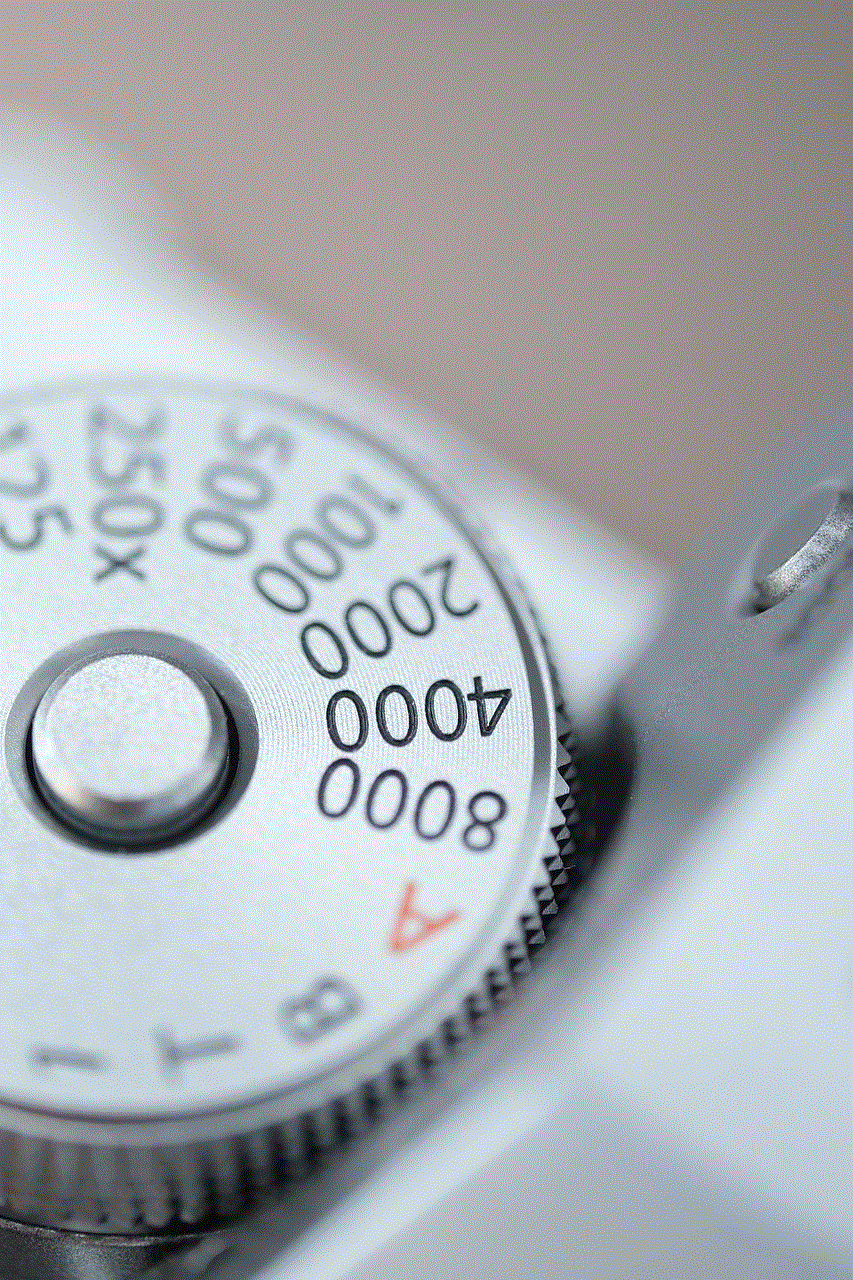p meaning slang
Slang has become an integral part of our daily lives. It is a form of language that is constantly evolving and changing, and it reflects the cultural, social, and generational trends of a particular time period. With the rise of social media and the internet, slang has spread like wildfire, crossing borders and connecting people from all walks of life. One such slang term that has gained popularity in recent years is “p”.
At first glance, “p” might seem like a simple and innocent letter of the alphabet, but in the world of slang, it has a whole different meaning. “P” is used as a shorthand for “pretty” or “perfect”. It is often used to describe something or someone that is aesthetically pleasing. It can also be used as an adjective to express approval or admiration. For example, “That outfit is so p!” or “Your hair looks p today.” This slang term has gained significant traction, especially among the younger generation, and has become a part of their everyday vernacular.
The origin of “p” as a slang term is not entirely clear. Some believe that it originated from the word “perfect”, while others believe it to be a derivative of “poppin”, a term used to describe something that is cool or exciting. Regardless of its origin, “p” has become a widely used slang term and has even made its way into popular songs and social media captions. This shows the extent of its reach and impact on modern language.
One of the main reasons for the popularity of “p” as a slang term is its versatility. It can be used in various contexts and can have different meanings depending on the situation. For instance, “p” can be used to describe a person, an object, or an experience. It can also be used in both positive and negative connotations. As a result, it has become a go-to term for expressing one’s thoughts and feelings without having to use a lot of words.
In addition to its versatility, “p” also has a certain level of exclusivity attached to it. Since it is a relatively new slang term, not everyone is aware of its meaning. This gives those who use it a sense of belonging to a particular group or community. It is often used as a way to bond with friends and to create a sense of camaraderie. In a way, “p” has become a part of the secret language of the younger generation, which makes it even more appealing to them.
However, like any other slang term, “p” has its fair share of criticism and backlash. Some argue that it promotes laziness and a lack of proper communication skills. They argue that using slang terms like “p” instead of the complete word “perfect” is a sign of not putting in enough effort to communicate effectively. Moreover, “p” is often associated with a certain level of shallowness and materialism. This is because it is often used to describe physical appearance or material possessions. As a result, some people view it as a negative aspect of modern language.
Furthermore, there is also a generational gap when it comes to understanding and using “p”. While it is widely used by the younger generation, it may not be as familiar to older generations. This can sometimes lead to misunderstandings and misinterpretations. For instance, an older person who is not aware of the meaning of “p” may take it as a derogatory term when used in a conversation. This highlights the importance of understanding the context and audience when using slang terms like “p”.
Another aspect worth exploring is the impact of “p” on the English language as a whole. Some argue that the use of slang terms like “p” is detrimental to the language and its proper usage. They believe that it is a form of devolution and that it is slowly eroding the rules and structure of the English language. However, others argue that language is constantly evolving and that the use of slang terms is a natural part of this evolution. They argue that slang terms like “p” add color and character to the language and make it more vibrant and dynamic.
Moreover, the use of “p” as a slang term has also sparked discussions about cultural appropriation. This is because “p” is often used by people who are not part of the African American community, where the term “poppin” originated. Some argue that the widespread use of “p” by non-black individuals is a form of cultural appropriation and that it takes away from the significance and history of the term. This has sparked debates about the appropriate use of slang terms and the importance of understanding their origins.
Despite the criticism and controversies surrounding it, “p” continues to be a popular slang term. It has not only made its way into everyday conversations but has also become a part of popular culture. It has been featured in memes, songs, and even in the names of businesses. This further solidifies its place in modern language and its impact on popular culture.
In conclusion, “p” is more than just a simple letter of the alphabet. It has become a widely used and recognized slang term, with a multitude of meanings and interpretations. Its versatility, exclusivity, and impact on popular culture have made it a popular term among the younger generation. However, its use has also sparked discussions about proper language usage and cultural appropriation. Whether you love it or hate it, “p” is here to stay and is a testament to the ever-evolving nature of language.
how to spell bougie
Bougie, also spelled as “bourgeoisie,” is a term that has gained popularity in recent years, especially in the world of social media and pop culture. It is often used to describe someone who is perceived as being trendy, materialistic, and having a sense of superiority. However, the word has a rich history and carries a deeper meaning than what is portrayed on the surface. In this article, we will delve into the origins of the word “bougie,” its evolution, and its current usage in modern society.
The word “bougie” is derived from the French word “bourgeoisie,” which refers to the middle class in society. It first appeared in the French language in the 16th century and was used to describe the social class that emerged between the nobility and the commoners. The bourgeoisie was made up of merchants, bankers, and professionals who were considered to have a higher social status than the working class.
Over time, the term “bougie” took on a negative connotation and was used to describe people who were perceived as being pretentious and obsessed with material possessions. This perception was fueled by the rise of consumerism in the 20th century, where people’s social status was often tied to the brands they owned and the lifestyle they portrayed.
In the 21st century, the term “bougie” has taken on a new meaning, especially in popular culture. It is now used to describe someone who is trendy, fashionable, and has expensive tastes. The rise of social media and the influencer culture has also contributed to the increased usage of the word. People use it to describe individuals who have a large following on social media and who are perceived as living a lavish and extravagant lifestyle.



However, the term “bougie” is not just limited to describing a person’s social status or lifestyle. It is also used to describe certain behaviors and attitudes. For example, someone who is overly concerned with their appearance or who only associates with people of a similar social status may be referred to as “bougie.” It is often used in a derogatory manner, implying that the person is shallow and superficial.
Despite its negative connotations, the word “bougie” has become a popular term, especially among millennials and Gen Z. It is often used in a humorous and ironic way, with people proudly declaring themselves as “bougie” or using the word to describe their friends or acquaintances. This shift in the usage of the word has sparked debates about its true meaning and whether it is harmful or harmless.
On one hand, some argue that the term “bougie” perpetuates classism and promotes a materialistic and shallow culture. It puts pressure on individuals to conform to certain standards and aspire to a certain lifestyle, often leading to unnecessary spending and debt. It also creates a divide between the haves and have-nots, with those who cannot afford to live a “bougie” lifestyle feeling excluded and inferior.
On the other hand, some argue that the word “bougie” has lost its original meaning and is now just a slang term used to describe someone who is fashionable and stylish. It is seen as a way to reclaim the word and strip it of its negative connotations. Others argue that the use of the word in a humorous way has desensitized its true meaning and has made it acceptable to mock and belittle others based on their social status.
One thing is for sure, the term “bougie” has become a part of modern language, and its usage is unlikely to fade anytime soon. In fact, it has even made its way into the Oxford English Dictionary, solidifying its place in the English language. However, it is essential to understand the origins of the word and its implications, especially in a society where social status and material possessions are often given more importance than character and values.
In conclusion, the word “bougie” has a complex history and has evolved over time to have different meanings and connotations. From its origins in the French language to its current usage in popular culture, the word has sparked debates and discussions about its true meaning and whether it is harmful or harmless. While it may seem like just a slang term used in a light-hearted manner, it is essential to be mindful of its origins and to not use it in a way that perpetuates classism and materialism. After all, as the saying goes, “a rose by any other name would smell as sweet,” and a person’s character and values should not be defined by their social status or material possessions.
what is an fwb
Friends with Benefits (FWB) is a type of relationship that has gained popularity in recent years. It is a casual, non-committed relationship between two individuals who engage in sexual activities without any emotional attachment or expectations of a romantic relationship. The concept of an FWB is not new, but it has become more widely accepted and practiced in modern society.
The idea of an FWB can be traced back to the 1960s, during the sexual revolution. It was a time when traditional values and norms were challenged, and people started exploring their sexuality and relationships in new ways. The concept of “free love” emerged, where individuals engaged in sexual activities without the constraints of commitment or monogamy.



However, it was not until the 1980s and 1990s that the term “friends with benefits” was coined and gained popularity. It was used to describe a relationship where two friends would engage in sexual activities without any romantic involvement or commitment. This type of relationship was seen as a way to satisfy sexual desires without the drama or complications of a traditional romantic relationship.
Today, the concept of an FWB has become more prevalent, especially with the rise of online dating and hookup culture. It has become a popular arrangement among young adults who are not ready for a committed relationship but still want to enjoy the physical and sexual aspects of a relationship.
So, what exactly is an FWB? It is a relationship between two individuals who are friends and have a mutual agreement to engage in sexual activities without any emotional or romantic involvement. It can be seen as a blend of a friendship and a casual sexual relationship. The two individuals involved are not exclusive to each other, and they are free to see other people if they wish.
One of the primary reasons why people opt for an FWB relationship is the lack of commitment and expectations. In a traditional romantic relationship, there are expectations of monogamy, emotional support, and future plans. However, in an FWB relationship, both parties are aware that it is purely physical and there is no need for emotional support or commitment. This can be appealing to individuals who are not ready for a serious relationship or do not want to deal with the complexities of one.
Another factor that contributes to the popularity of FWB relationships is the convenience and ease of finding a partner. With the rise of dating apps and websites, it has become effortless to find someone who is looking for a similar arrangement. This eliminates the need to go through the traditional dating process and the pressure of finding a compatible partner.
Moreover, FWB relationships can also be seen as a safer option for some individuals. In traditional hookup culture, there is a risk of engaging in sexual activities with strangers. However, in an FWB relationship, there is already a level of trust and familiarity between the two individuals, making it a safer option.
While FWB relationships may seem like an ideal arrangement for some, it is not without its challenges. One of the main issues that arise in an FWB relationship is the potential for one person to develop feelings for the other. Even though both parties have agreed to keep it casual, emotions can still come into play. This can lead to complications and hurt feelings, especially if one person wants to take the relationship to the next level while the other does not.
Communication is essential in an FWB relationship to avoid such complications. Both parties need to be open and honest about their intentions and feelings. If one person starts to develop feelings, it is crucial to communicate it to the other person and reassess the arrangement. This can help avoid misunderstandings and hurt feelings.
Another challenge in an FWB relationship is the potential jealousy that can arise. Even though both parties are not exclusive, jealousy can still occur if one person starts seeing someone else. This can lead to feelings of possessiveness and insecurity, which can ultimately damage the friendship and the FWB arrangement.



Moreover, there is always the risk of one person catching feelings for the other and wanting to turn the FWB relationship into a traditional romantic one. This can be a tricky situation, as it may not be what the other person wants. It is essential to have a clear understanding of the boundaries and expectations in an FWB relationship to avoid such complications.
In conclusion, an FWB relationship is a type of relationship where two individuals engage in sexual activities without any emotional or romantic involvement. It can be seen as a way to satisfy sexual desires without the commitments and expectations of a traditional romantic relationship. However, it is not without its challenges, and communication and clear boundaries are crucial for its success. While it may not be for everyone, an FWB relationship can be an enjoyable and fulfilling arrangement for those who are looking for a casual and non-committed relationship.